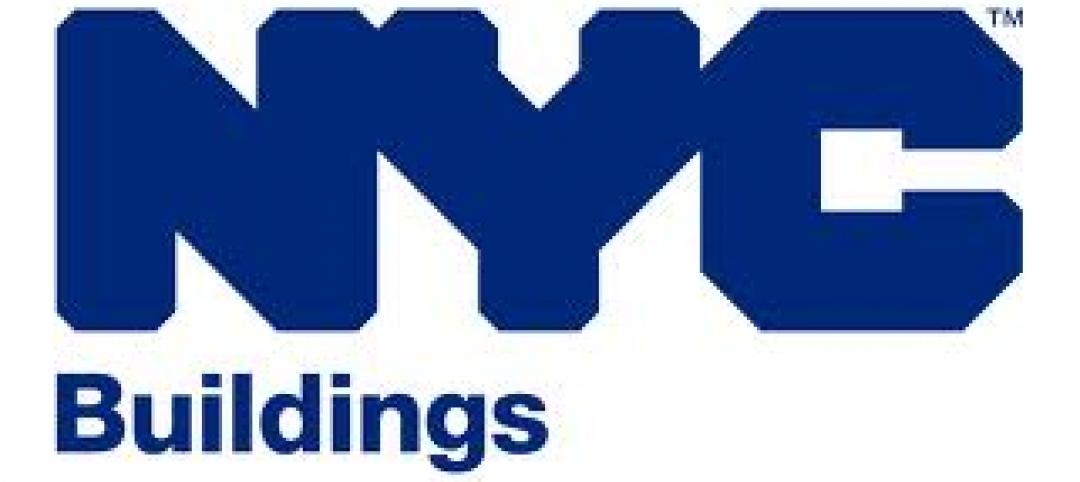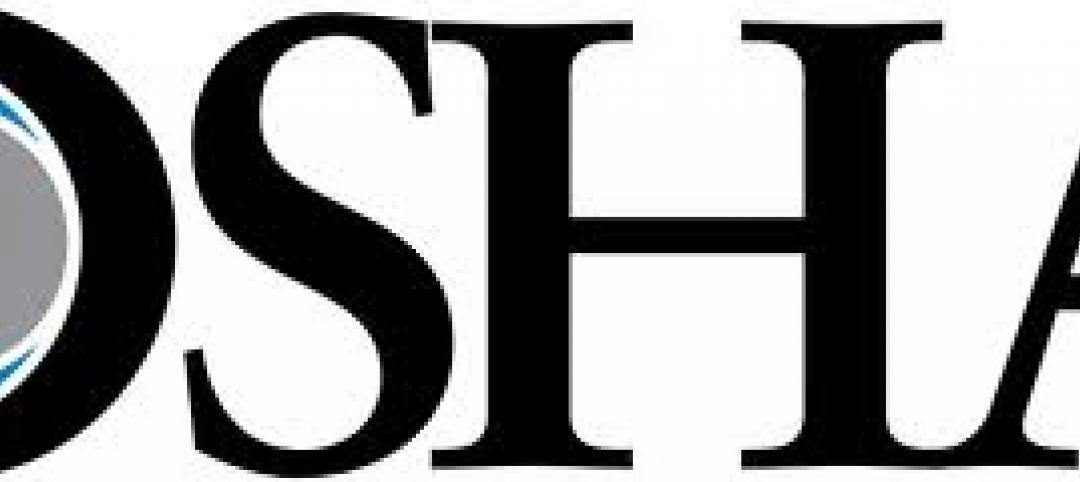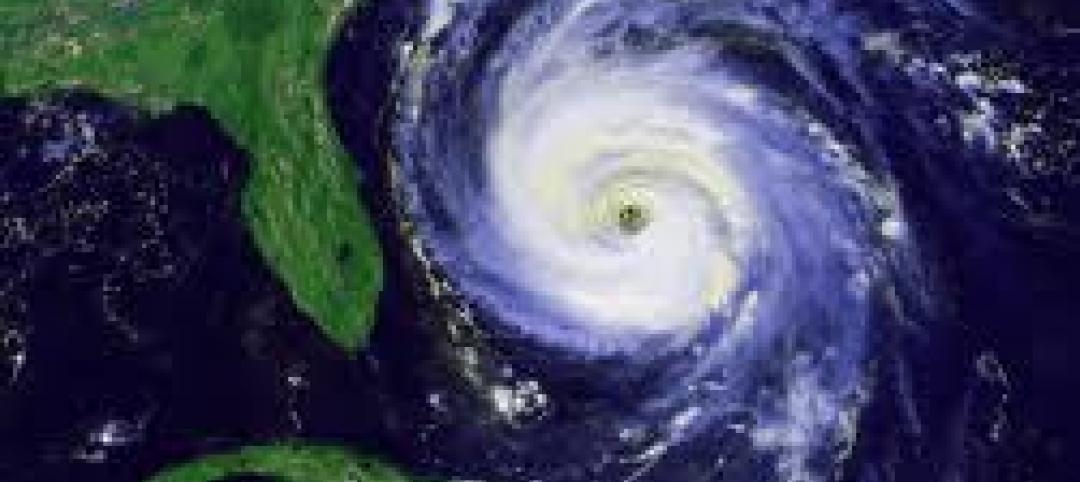As if rising sea levels and increasingly powerful storms were not enough, add the wobbly orbit of the moon to flood risk factors.
Scientists say fluctuations in the moon’s orbit will lead to a spate of fair weather flooding beginning in the mid-2030s. A recent study examined regular fluctuations in the moon’s orbit around the Earth occurring on an 18.6 year cycle.
As the cycle progresses, the angle between the moon’s orbit and the Earth’s equator grows and shrinks. During half of the cycle, the moon’s pull amplifies the earth’s tides, leading to higher high tides and lower low tides.
Researchers say that this moon wobble effect will increase the number of flooding events significantly. They predict that Hawaii, the Pacific Coast, and the Gulf of Mexico will see clusters of sunny-day floods in the mid-2030s, mid-2050s, and early 2070s. The northern Atlantic coast is expected to experience a spike in flooding in the mid-2040s and in the early 2060s.
Related Stories
| Apr 13, 2012
New York City’s building department investigating structural collapse that killed worker
Following a worker’s death, the collapse of a century-old, two-story warehouse under demolition as part of Columbia University’s expansion is under investigation by the city’s Building Department.
| Apr 13, 2012
Federal court reduces statute of limitations for OSHA action on record-keeping violations
The U.S. Court of Appeals for the D.C. Circuit sharply curtailed the period of time that companies can be cited for Occupational Safety and Health reporting violations, reversing the decision of an administrative panel and longstanding agency precedent.
| Apr 13, 2012
CSI webinar: Green Construction Codes Are Here -- Now What?
This seminar will trace the origins of green codes, how they compare and differ from the rating systems that have been used, and examine some of their main features.
| Apr 5, 2012
Retailers, banks among most affected by new ADA rules
On March 15, the most significant changes to the Americans with Disabilities Act (ADA) since it became law in 1991 went into effect.
| Apr 5, 2012
Florida ranks first in hurricane building codes and enforcement
Florida ranks highest among 18 hurricane-region states for building codes and their enforcement, according to the Insurance Institute for Business & Home Safety.
| Apr 5, 2012
New IgCC green building code is a ‘game changer,’ AIA official says
An AIA official calls the new International Green Construction Code (IgCC) a “game changer” for sustainable construction.
| Apr 5, 2012
Model energy codes add thousands to cost of new apartment construction, study says
New energy codes could add thousands of dollars to the construction costs of each individual apartment residence in a multifamily building, according to new research commissioned by the National Multi-Housing Council and the National Apartment Association.
| Apr 5, 2012
LEED 2012 will include new requirements for data centers
The U.S. Green Building Council’s updated LEED 2012 standards will require two systems to be modeled for each project in order to show power utilization effectiveness.















